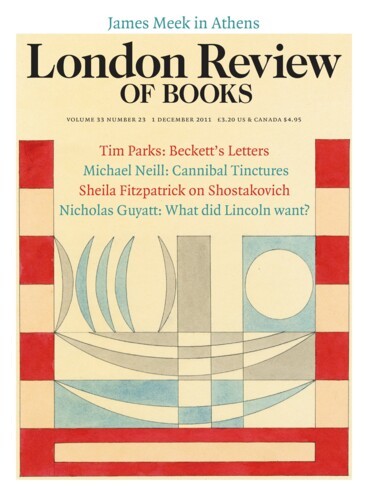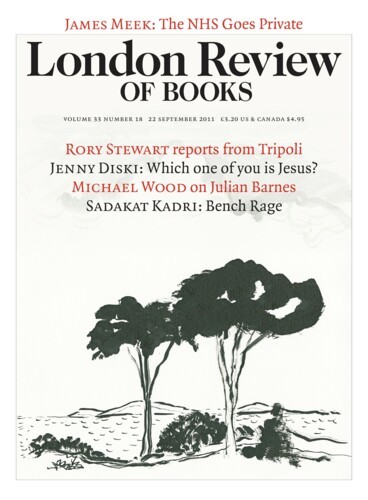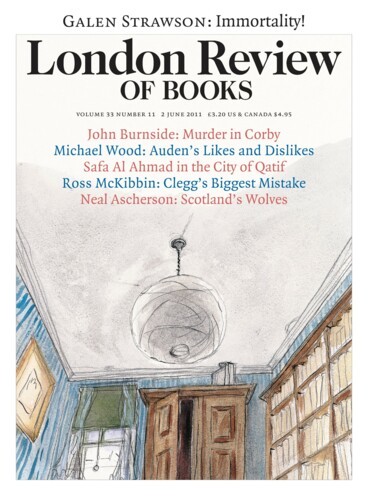Joyce and Company: Joyce’s Home Life
Tim Parks, 5 July 2012
What options are available to you if you yearn to belong to your place of origin, indeed to be one of its leading figures, yet simultaneously feel threatened and diminished by it? One answer might be to move far away while constantly reminding those back home of your existence, your ambitions, your still being one of them. How might you do that?
Perhaps you could write about the place...




